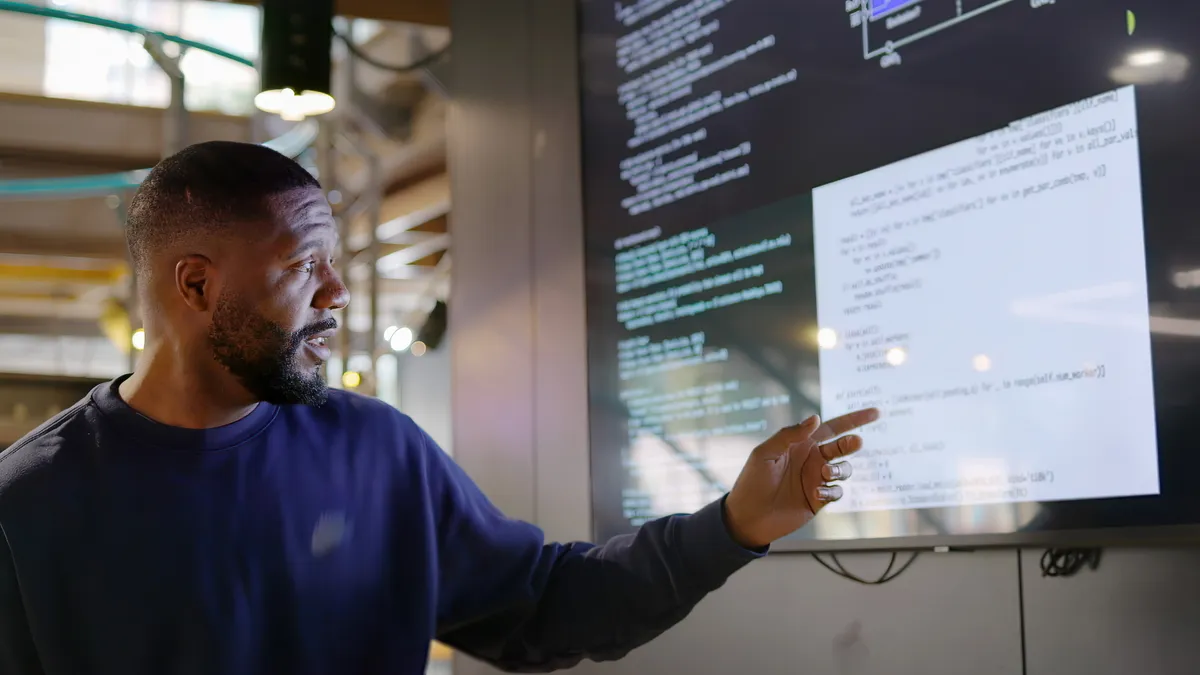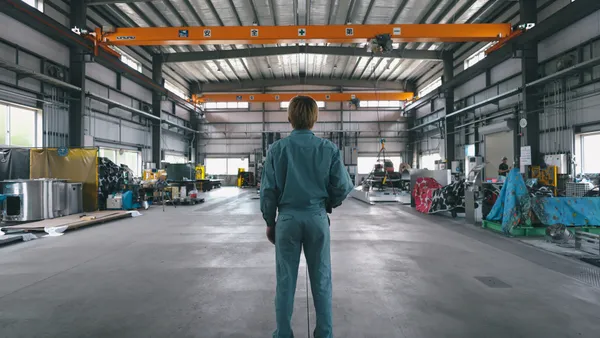As the future of work evolves, leaders are addressing complex tensions with talent, management and new technology, according to a March 24 update from Deloitte’s 2025 Global Human Capital Trends report.
Employers are contending with a growing experience gap while entry-level roles disappear, middle managers lack training and new plans for artificial intelligence develop.
For instance, 66% of managers and executives said most of their recent hires aren’t fully prepared and lack experience. In addition, although 73% of companies recognized the importance of reinventing the role of manager, only 7% are making significant progress.
“The challenge for leaders is recognizing that solutions for these long-simmering tensions lie all along the spectrum and understand that they may need to adapt and evolve their strategies over time,” Kyle Forrest, U.S. future of HR leader and principal at Deloitte, said in a statement. “It’s all about making the choices that help move their organization forward while also supporting their workforce.”
In a survey of nearly 10,000 business and HR leaders across 93 countries, both workers and executives agreed that closing skills gaps should be a top priority. About 73% of executives and 72% of workers said organizations should do more today to connect workers with opportunities to build experience. In addition, 74% of workers, managers and executives said it’s critically important to prioritize human capabilities.
To better adapt, the traditional role of managers must be reinvented as well, the report found. According to the survey, managers spend about 40% of their time on solving daily problems and administrative tasks and only 13% of their time on developing people. On top of that, 36% of managers said they’re insufficiently prepared to manage people, and 40% reported a decline in mental health after being a manager.
Updating a company’s employee value proposition, or EVP, could help organizations support workers and adapt to change, the report found. Leaders who clearly communicate the role of AI and job changes, career growth and work-life balance can create trust and retain workers, Deloitte said. More than 70% of managers and workers alike said they’re more likely to join and stay at a company if the EVP helps them thrive in an AI-driven world.
Employers with a strong EVP tend to report better innovation, productivity and sense of purpose, according to a report from McLean & Co. However, only 22% of organizations have an EVP, which should resonate both externally and internally to attract and retain workers, the firm found.
Compared to five years ago, entry-level workers seem to be unprepared for their jobs, according to a General Assembly report. To improve workforce readiness, companies need to rethink how they source, train and onboard employees, a General Assembly executive said.
Executives feel unprepared and need more support as well, according to an LHH report. This “crisis of confidence” underscores a need for leadership development, stronger C-suite pipelines and more learning opportunities, the report found.











